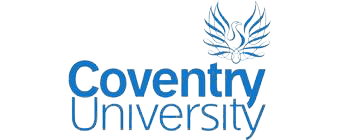In a world of rapid and disruptive social change and pressing social problems, MA in Sociology and Social Research provide intellectual and practical tools to navigate its challenges and opportunities.
This course is designed for students who aspire to be change-makers in the world around them. It provides an opportunity to interrogate the scope and scale of contemporary social issues and transformative social changes.
- Research-enhanced and practice-focused tuition from subject specialists in gender, sexualities, race and ethnicities, social protest, media, and contemporary cultures, disabilities, crime, and criminal justice.
- Advanced training in social research methods in an active and inclusive community of researchers, some of whom have practitioner experience in their field of expertise.
- You will have the option to apply for a ‘professional experience’ opportunity2, designed to further develop your skills and knowledge with the aim of maximising your employability prospects. See modules for more information.














